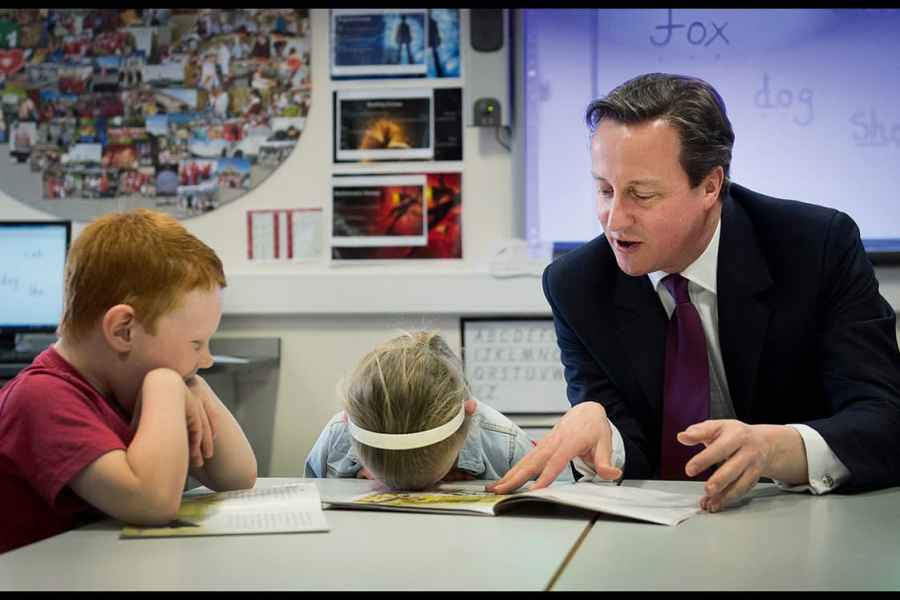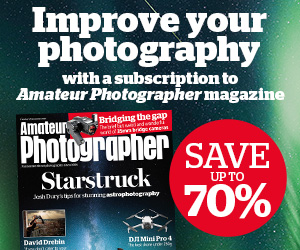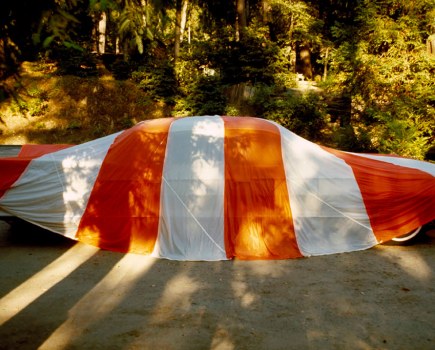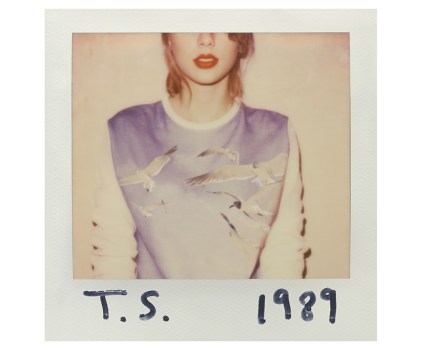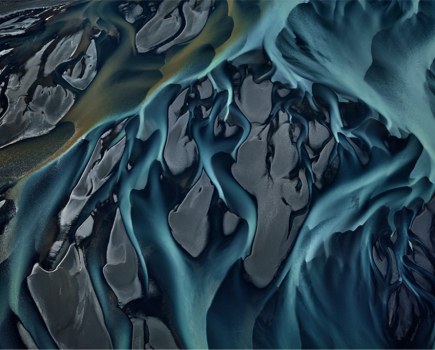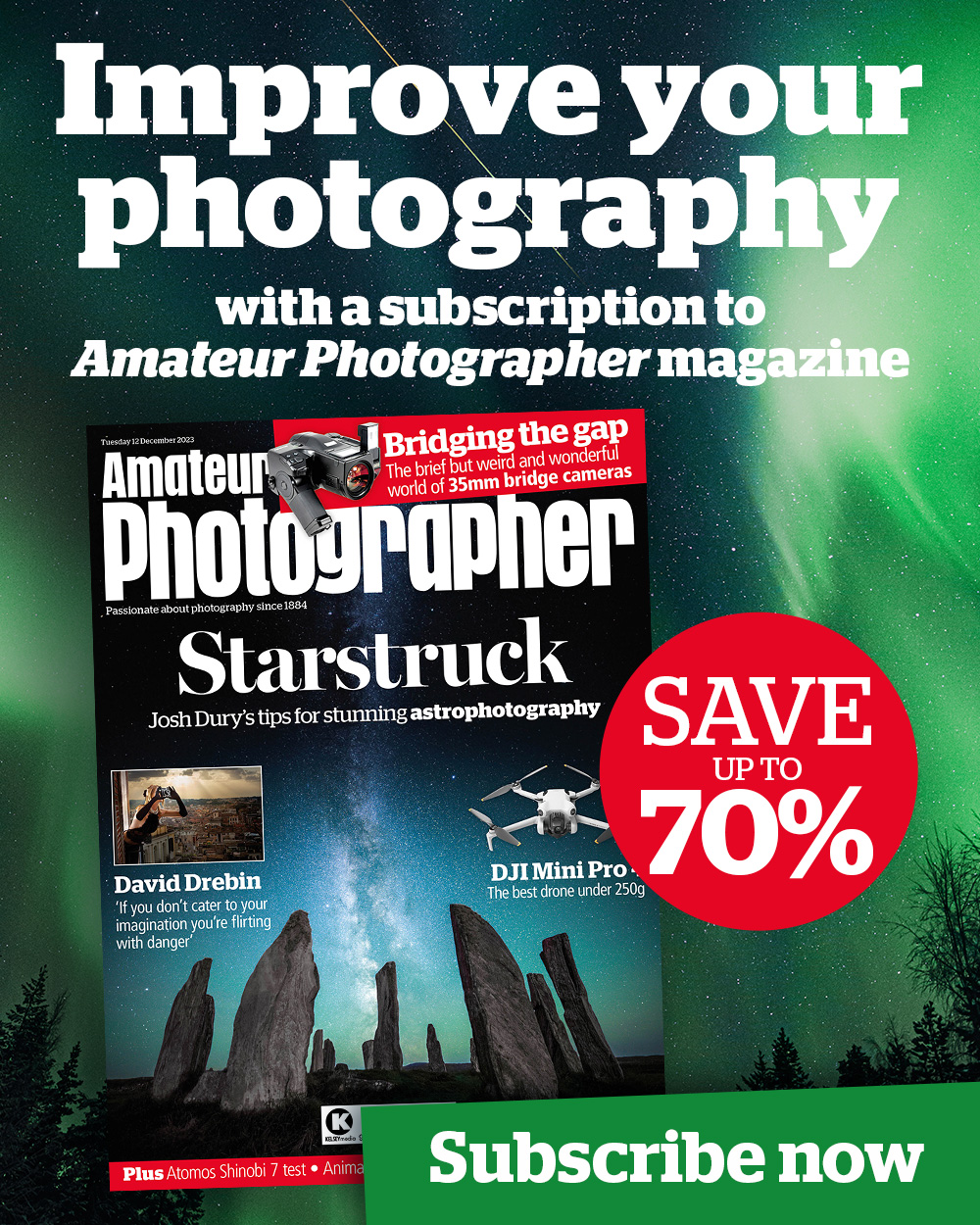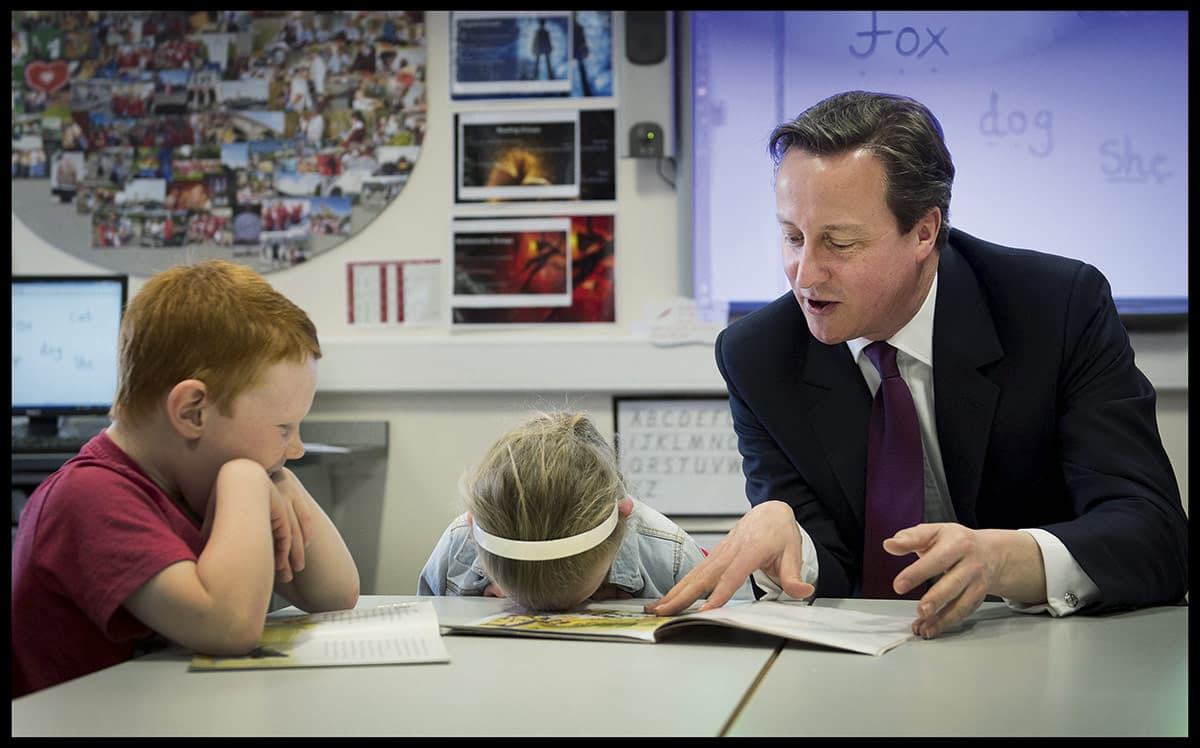
Stefan: ‘It’s not deliberate, but I think people like to see humour in photos of politicians. We often find politicians a little dry, serious and unexciting. When you see them doing something silly, people love it’. All images © Stefan Rousseau/The Press Association
There are impressive jobs, and then there’s Stefan Rousseau’s job. Working for the Press Association, the Newcastle-born, Westminster-based photographer’s day job is capturing Prime Minister David Cameron on camera, whether in the UK or accompanying him across the world on the PM’s private plane.
‘I started with Tony Blair, followed by Gordon Brown and then David Cameron, so whoever is the Prime Minister of the day, I travel with them,’ the 49-year-old says with unassuming confidence. ‘I’ve been to many exciting places at pivotal times. Going into Iraq for the first time with Tony Blair was pretty exciting, as was my trip to Libya with David Cameron and the then President of France Nicolas Sarkozy.
‘I went to Burma a couple of years ago with David Cameron and met Burmese opposition politician Aung San Suu Kyi and stood in her garden. We probably do get a bit blasé, to be honest. It’s no big deal for us, but every now and then I have to pinch myself when I’m travelling the world, and I’m walking down the steps of the PM’s plane.
‘That’s when I think, “Gosh I’m arriving in this amazing place with the Prime Minister”’. Stefan’s privileged position isn’t the result of nepotism or the old-boy network, as his extraordinary career has been three decades in the making.
After two and a half years on a humble Hertfordshire weekly, he moved to Essex to join a regional press agency, where he landed his big break. ‘It was during the 1992 election when [former Tory chairman] Norman Tebbit came to campaign in Colchester,’ Stefan recalls. ‘I was there to photograph him at an event when a couple of protesters started heckling him. One of them threw an egg, which hit him on the face. So he’s just standing there in shock, with this egg running down his face and suit, and I was standing right in front of him, so I took a few photos with him just staring at me. It made every paper the next day.’
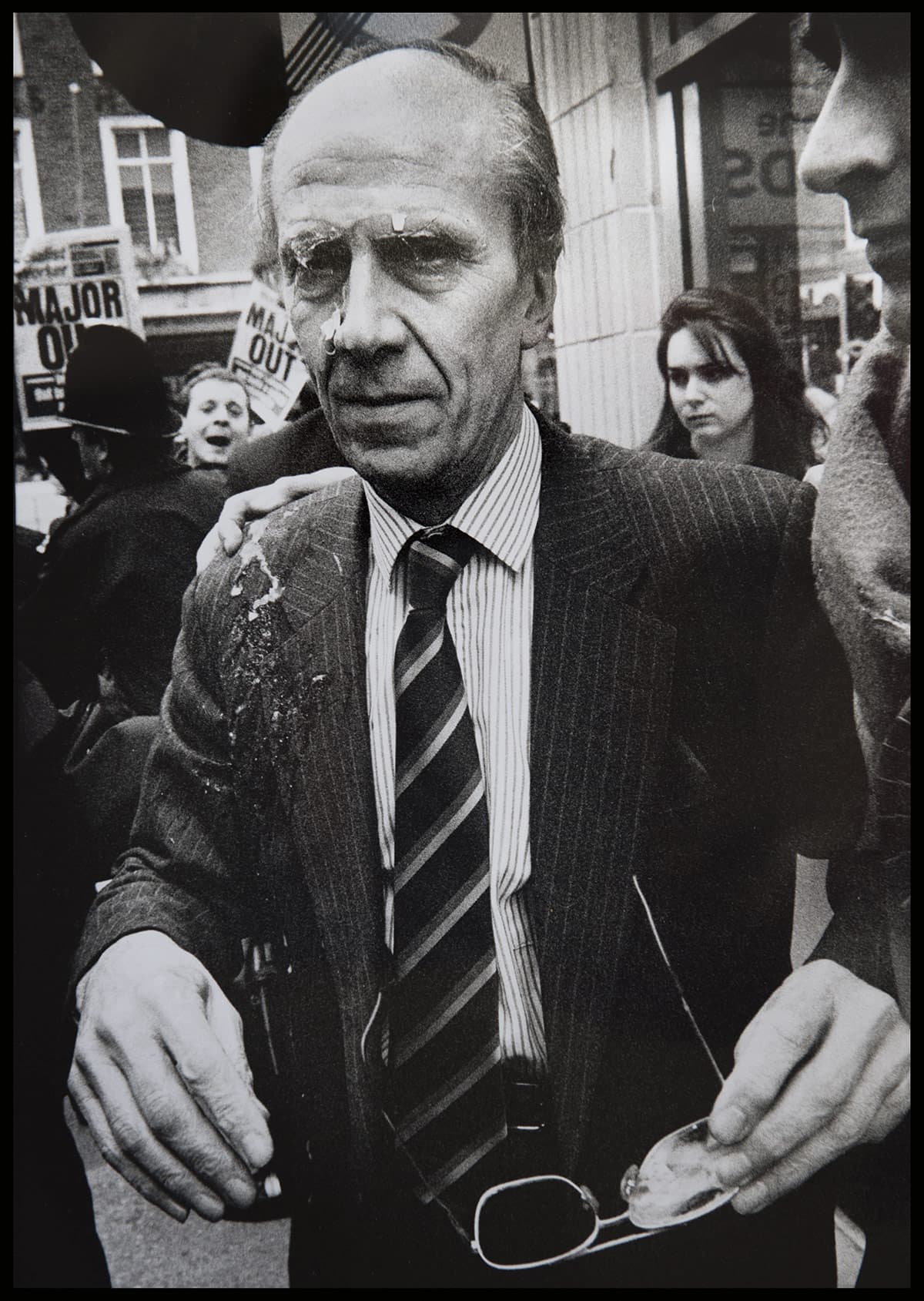
This infamous ‘egg on your face’ image of Norman Tebbit during the 1992 General Election launched Stefan’s profile as a political news photographer overnight
This serendipitous moment catapulted Stefan into the big league, swiftly securing a freelance position with the Press Association. Just five years later, he was recruited by the prestigious news agency as a full-time salaried employee, covering everything from the war in Iraq to Princess Diana’s death.
‘When I started at PA, I covered sport, news and showbiz, but I’ve been there so long I’ve narrowed it down now, because I love politics. Today, I spend the majority of my time with politicians – photographing them, travelling with them, covering political stories. I have a great relationship with all the political parties, their leaders and their advisors. They tip me off and invite me to things, so I have a certain element of exclusivity.
‘To get the access, you must build up relationships with their advisors, that’s the critical thing. Then, once you’re close to them, you build up a bit of rapport with the PM.’
When probed about his secret for getting – and staying – within the inner circle, Stefan reveals that politicians like familiarity. ‘I’m not saying I’m the best, but they like what they know and if they know who you are and you’re familiar, they’ll call you up and ask you to come to stuff. This obviously helps if you’re around all the time – they get to know you.’
Election Time
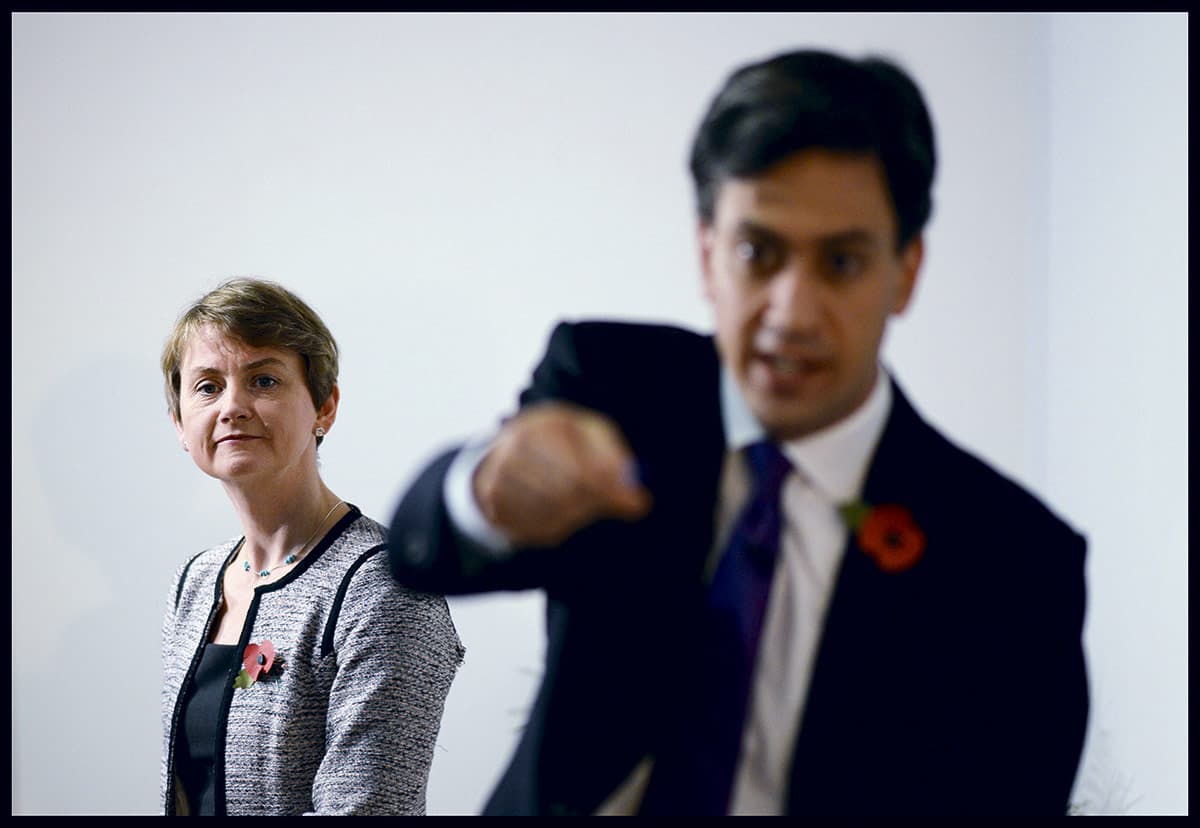
‘It’s getting tougher,’ Stefan says. ‘Now you get 10-15 freelancers turning up to photo calls. In these situations, it’s pot luck as to who gets the best shot’
With campaigning for this week’s General Election 2015 reaching fever pitch, Stefan’s workload has sky-rocketed, as he clocks up more hours with the PM and the main opposition leaders each week than with his family.
‘The campaign started on 30 March and I’ve been on the road solidly since then,’ says Stefan. ‘It’s pretty full on. I did the first two weeks with David Cameron, then the following two weeks with [Labour leader] Ed Miliband – in the interest of fairness.
‘What I’ve noticed this year is that both main parties seem to be controlling everything very tightly. Years ago, a classic campaign picture would be a politician on a high street or knocking on doors, but I haven’t seen any of the leaders doing that this year. Public appearances are being tightly monitored to ensure photographers and TV crews don’t capture any unfortunate incidents.’
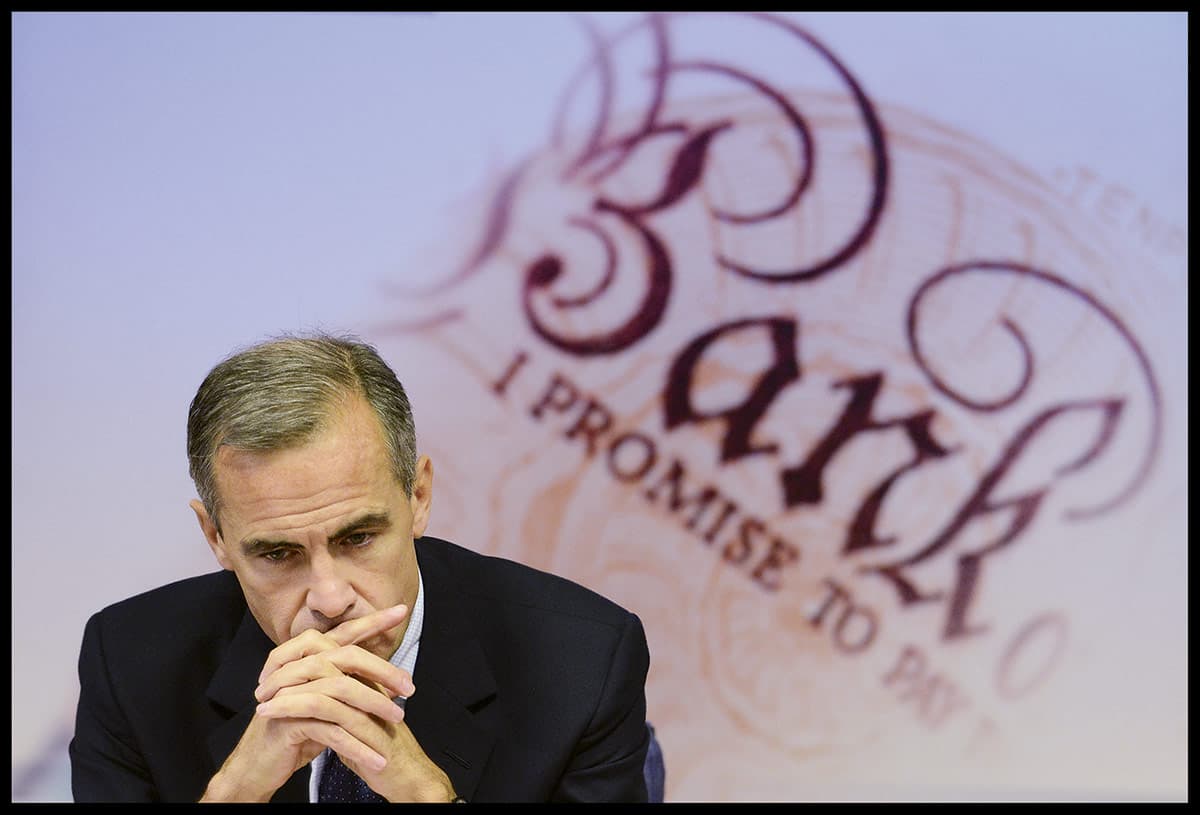
‘From what freelancers say, newspapers pay way less now than what they were paying 10-15 years ago – unless you take an amazing exclusive. It’s a buyer’s market. They can say, “I’ll give you £50 for this” and if you don’t take it the next person will’
One such ‘unfortunate incident’ that potentially cost former Prime Minister Gordon Brown the election in 2010 was his infamous ‘bigoted woman’ gaffe.
‘They’ve learnt from that and that’s why they are not meeting random members of the public,’ says Stefan. ‘It’s too difficult to control – especially as Labour and the Tories are level pegging. I don’t think either of them wants to risk any more faux pas.
‘Both teams are playing for a nil-nil draw. They’re thinking, “Don’t let a goal in, just defend the whole time and we’ll get into extra time.” That way they’ll get to negotiate with each other.’
Staying impartial
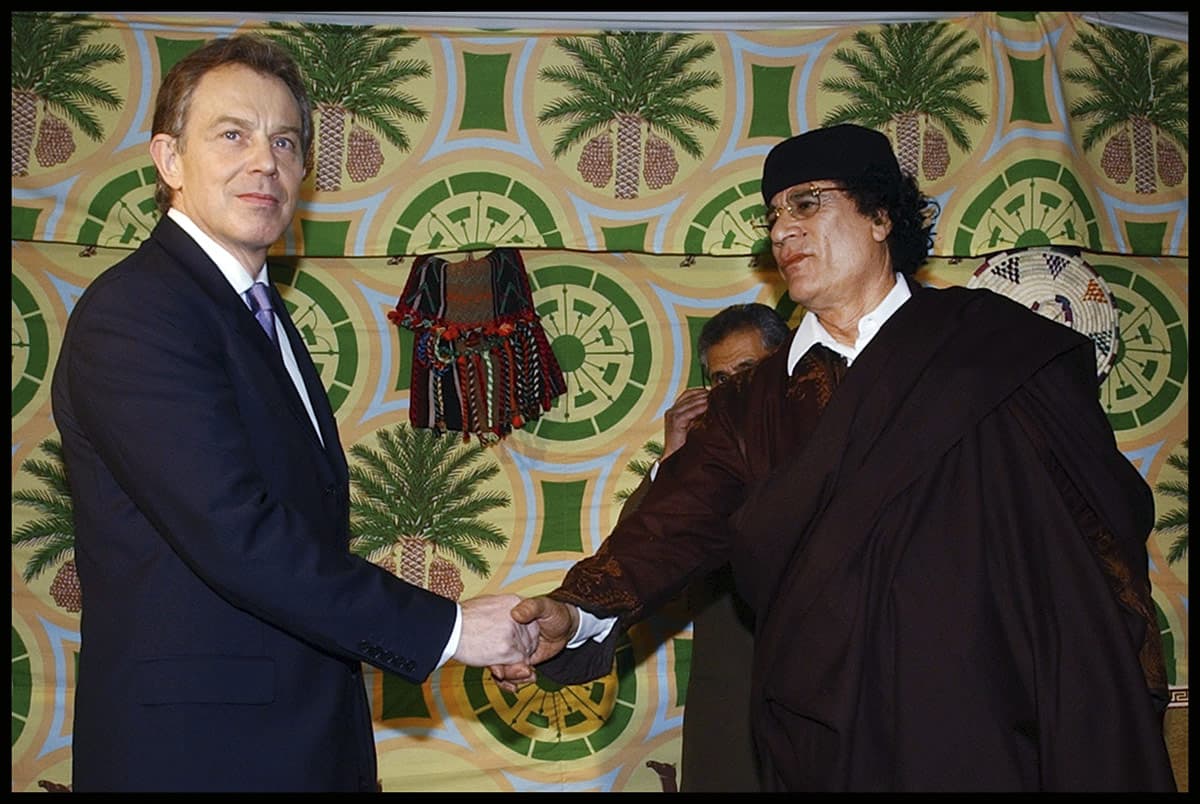
‘In 2004, Tony Blair decided to bring Libyan leader Colonel Gaddafi in from the cold and met him in his tent on the edge of Tripoli,’ Stefan says. ‘There must have been about 50 members of the media in that tent, but pretty much the picture that made it front page around the world was mine. That was probably the biggest hit I ever got’
Armed with two Nikon D4 cameras, a 24-70mm lens adorning one and a 70-200mm on the other, Stefan is ready for action whatever the campaign throws at him, or more importantly, the PM. ‘Essentially, I’m trying to do two things: get my picture in the papers, so I want a good strong image; and tell the story of what’s happening.
I need to portray the mood of the situation or of the Prime Minister, or explain what’s going on in a very straight and honest way without misrepresenting the situation.
‘A picture I took recently had a lot of excitement. It was at a Bolton primary school that David Cameron was visiting. He was taking a reading lesson with a couple of children, and the girl next to him kept putting her head down on the desk [top]. I filed that picture without any comment about why she was doing that – but it happened – so I recorded the moment and it went viral on Twitter and across the internet.
‘I can’t speak for everyone, but I’m there just to photograph what’s in front of me with no political agendas. I’m there to record the moment.’
Therein lies the danger of Stefan’s job. While his impartiality is paramount, keeping favour with the Prime Minister and his advisers could make or break his career – something he nearly discovered during the 2010 General Election.
‘Gordon and Sarah Brown were visiting a health centre near Leeds,’ explains Stefan. ‘They’d done their visit and the pictures were quite nice, but just as they were about to leave a TV crew turned up and wanted a cutaway of them walking down this long corridor. At the end of the corridor there were a set of spring-loaded double doors, so two of his advisers took it upon themselves to kneel down and hold the doors open so the TV crew could get a clear shot of the PM, but it looked like they were bowing as he walked through.
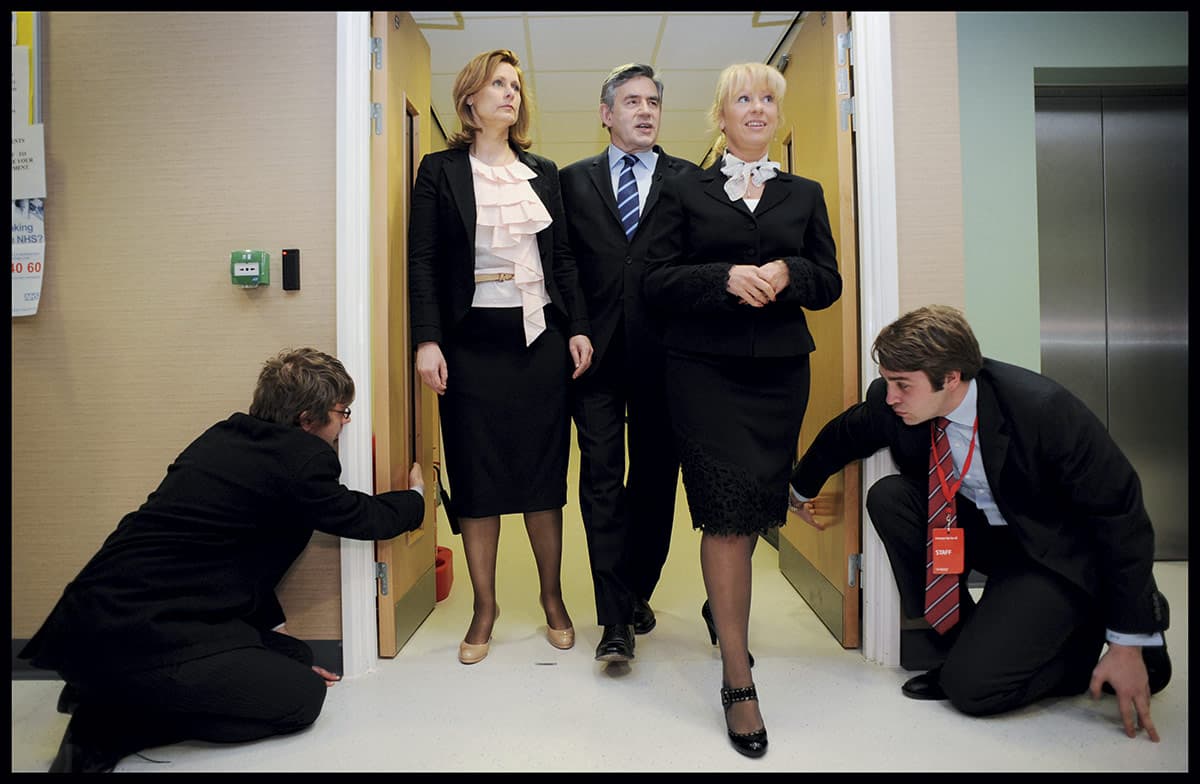
Stefan’s infamous shot of Gordon Brown’s advisers seemingly bowing to him as they held open doors during the 2010 Election Campaign. The former PM didn’t see the funny side
‘I thought, “Well, that’s a picture, isn’t it?”, so I shot it much wider to get these two guys in, and that picture just went everywhere and was talked about for a long time afterwards. It certainly didn’t help my relationship with him.
‘I don’t try to contrive anything and I don’t want to catch people out. Equally, I don’t try to make them look bad or silly, but I don’t make them look good, either. I just photograph what’s in front of me. And if they do something silly or something unfortunate does happen to them, then I’m going to capture it.’

